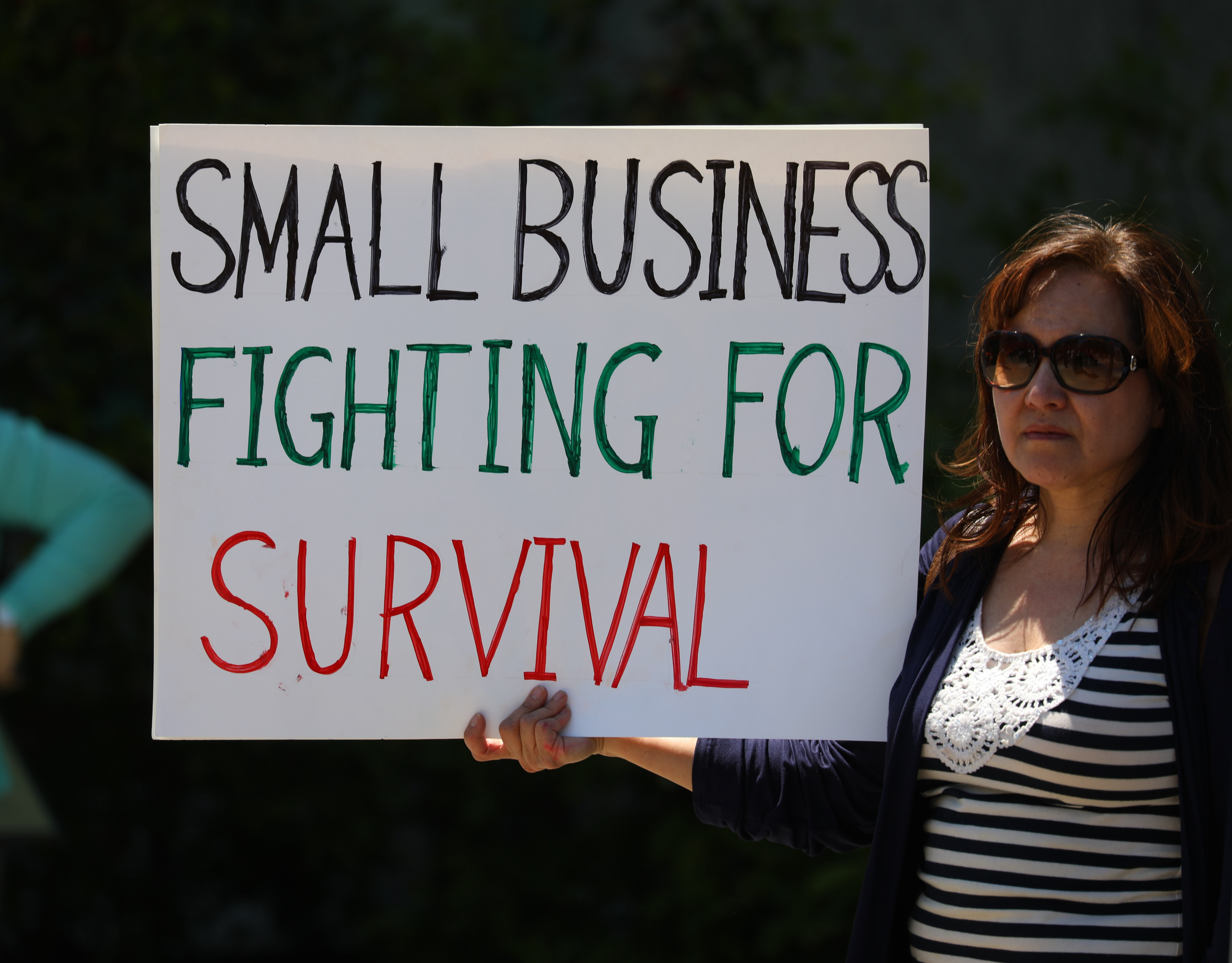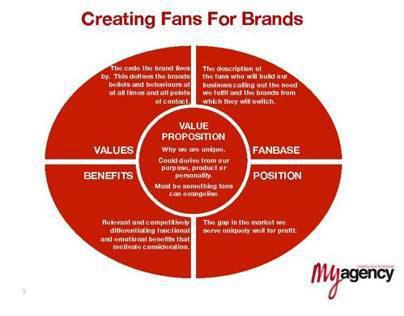Business Leader Magazine asked me to contribute to a feature looking at the direction of travel for Twitter in these politically charged times.
Ideas come in many forms. There are good bad ideas. Bad good ideas. Bad, bad ideas. And the one we all seek, good, good ideas.
To make it harder, ideas morph.
For a long time, Twitter was a good bad idea. In the heady days of the Twitter Spring Revolutions of 2011, the democratisation of free speech seemed wholly positive. In fact, it was such a good idea, no one seemed to care it was also a bad idea as Twitter had no business model (and was proud of it).
Time marched on. The goodness of free speech has been superseded by goonishness of fake speech, of hate speech. That’s bad. Worse than bad, toxic even.
Meanwhile the original bad idea (i.e., no idea) has seemingly been replaced by an even badder one. Notwithstanding Twitter’s ‘record Q4’, revenue, it only increased 7% year over year in 2020. Meanwhile costs and expenses raced ahead by 19% to reach $3.69 billion. The 2020 net loss was $1.14 billion, representing a net margin of -31%. In terms of outlook, the best Twitter can promise in their Earnings’ Statement is that costs will increase at a slower rate than revenue growth.
Scott Galloway (better know to some as Prof G) has been on Twitter’s case for a while. He recently published a big take Twitter take down in New York Magazine. He concluded that “We know it’s terrible for society. But it’s also a terribly run company.” In other words, Twitter is a bad, bad idea. The article is interesting in outlining some ‘capitalist’ remedies to the business model. That said, he has fewer mitigations for the platform’s ‘toxicity’. And, ultimately, he concludes, that is bad for good business. Frankly, we are at the start of politicisation of platform policing.
The obvious way to make the idea good again is to create closed, safe zones for like – as in hopefully sane – minded folk. Enter beta flavour of the month, Clubhouse. The good idea being the promise of dudes hanging out shooting the breeze in chatrooms. However, Clubhouse is also, if not a bad idea, a no idea. There are rumours of ‘monetisation tools’ in development, but there is no business model yet. Perhaps founders Paul Davison and Rohan Seth don’t really care. After all, they are looking for a Series B valuation of $1bn. Oh, and of course Twitter is creating a copycat Clubhouse called Spaces.
There are, of course other community platforms. Trump supporters parleyed over to another ‘free speech’ platform Parler. Meanwhile Reddit has been making headlines, moving markets. Medium is a wonderful source and resource of well, medium form content. Patreon allows communities to form around passion points. There’s even boring old LinkedIn. Perhaps now is the time for them to envision their vision to “Create economic opportunity for every member of the global workforce.”
So, what does this mean for business leaders and their businesses? We are seeing the playing out of what EY calls “the fragmentation of everything.” A world of divergent social contracts, walled gardens, hyperpolarization. This creates a scary and dangerous world for business leaders, brands, and their businesses to navigate. Courting controversy is a minority sport and now, increasingly, even voicing an opinion is controversial. As the now ex KPMG boss Bill Michael will attest.
And yet at the same time we are increasing our demands on business leaders, brands, and corporations to be ‘purpose driven’, to be exponents of ‘compassionate capitalism’, to do more than virtue signal. Therefore, it is better to be engaged than disengaged. This is about curation not agitation. Producing meaningful content, not mealy-mouthed comment. It is about being reflective, not righteous in real time. Ultimately, the challenge is concentrating on crafting the message, rather than massaging the medium.
That all said, as soon as Business Leader publish their article, I will, of course, be retweeting it.










